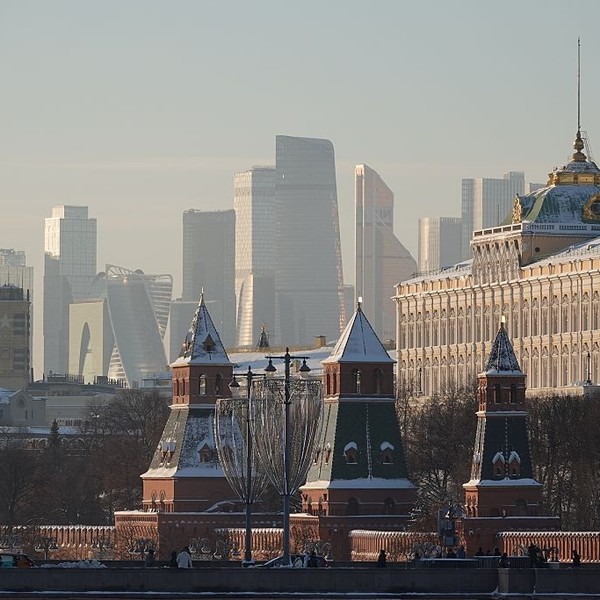Bottom Line Up Front
- Russia has extended its global disinformation campaign to Africa, where it seeks to promote pro-Russian and anti-Western attitudes through propaganda.
- After each disinformation campaign, Moscow assesses its efforts and then tweaks tactics accordingly, adapting to new countermeasures as necessary.
- This campaign was centered in and focused on numerous African countries and was a blending of Kremlin propaganda and local content.
- Disinformation campaigns executed by the Kremlin have been elevated to a centerpiece of Russia’s foreign and security policy.
Russia has determined that its ongoing social media disinformation and influence campaigns provide a worthwhile return on investment, especially considering the relatively modest resources required. In the three years since the 2016 U.S. elections, in which Moscow successfully meddled, Russia has adopted this tactic as one of its primary means of intervening outside of its own borders. The latest example highlighted Russia’s interests in various African nations, including Cameroon, the Central African Republic, Congo, the Ivory Coast, Libya, Madagascar, Mozambique, and Sudan. The recent campaign was in some ways more subtle than earlier attempts. After each campaign, Moscow assesses its efforts and then tweaks tactics accordingly. Disinformation campaigns executed by the Kremlin have been elevated to a centerpiece of Russia’s foreign and security policy.
Facebook announced October 30 that it had disabled three networks and numerous groups and pages on Facebook and Instagram originating from Russia that were focused on and partially operating from several African countries. Facebook determined that the Russian-backed sites engaged in ‘coordinated inauthentic behavior,’ the company’s term for disinformation campaigns. The activities were linked back to Yevgeny Prigozhin, a close associate of Russian President Vladimir Putin. Prigozhin has been indicted in the United States for his involvement in the 2016 election meddling.
Working with the Stanford Internet Observatory (SIO) and the Daily Beast, Facebook determined that the shuttered accounts were coordinating to advance pro-Russian agendas through the use of fabricated profiles and accounts of real people from the countries where they operated, including local content providers. The sites were removed not because of the content itself, apparently, but because the accounts promoting the content were engaged in inauthentic and coordinated actions. The reach of these networks, groups, and pages was significant. The content had been ‘liked’ more than 1.7 million times and featured propaganda veiled as analysis from Russian media outlets Sputnik and Russia Today (RT). The messages promoted included themes of Western imperialism and rapaciousness, while reinforcing the idea that Russia was prepared to deal with African nations as equal partners in politics, economics, and security.
Facebook has come under increasing pressure to confront the widespread misuse of its platforms by a range of malevolent actors. The disinformation campaigns in Africa were more subtle than previous campaigns, since the former relied on the use of locals and the blending of parochial content with pro-Russian and anti-Western material. But for all of the accounts promoting disinformation that Facebook is able to identify and disable, the question remains how many accounts operate undetected? The sheer scale of Facebook makes it impossible to police all of its users, something Facebook has also expressed little interest in doing, even as machine learning tools make monitoring more efficient. Because Moscow has faced few consequences for its actions and the gains seem tangible, many believe that disinformation campaigns will remain a favored tool of Putin. Russia will use them to target elections as well as shape public opinion in small, but vocal subsections in countries and regions in which Moscow wants to increase its influence and weaken its perceived opponents. Current countermeasures and social resilience to these campaigns are woefully inadequate, as public and private sector entities scramble to cobble together a strategy to combat this insidious challenge.











